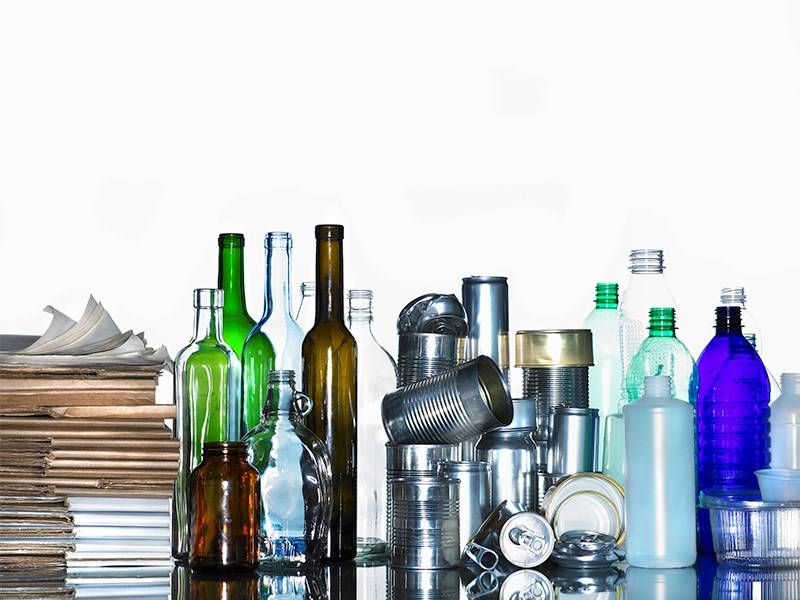A quick dictionary search of the word “recycle” defines it as a process to regain material for human use, to recover and to reuse. In a world of depleting resources, it seems like there is no better time than the present to recycle our goods.
As is often the case, the more you know, the more conflicted things can become. The process of recycling comes with a significant environmental footprint; shipping material to processing facilities and energy and water use for processing, followed by further shipping, sometimes to China, for the remanufacturing of new goods.
Taking all things into consideration, we often hear residents asking what the point of recycling is and how much impact it is really having.
While the answer is not simple, the concept is. By recycling, people are choosing to value the earth’s resources. The act of diverting recyclable goods such as batteries, paint, fuel filters and other hazardous goods prevents them from polluting.
Taking the time to divert daily discards such as paper, plastics and containers, consciously and subconsciously, instills the mindset that you value what our society has extracted from the earth and are attempting to give it a second life.
Diverting, above all, gives a visual on what is being consumed. If everything is simply thrown into a big, black garbage bag, it is hard to categorize and makes it harder for people to work on waste reduction when they do not know what they are discarding.
A new take on recycling can be a view of challenge. Challenge your household to recycle because you value the environment. Work on reducing not only the amount of garbage you are generating but also the amount of recycling. If recycling bins are overflowing, it is a visual indicator of how many resources you are demanding.
Resolve to decrease for 2017.
Let’s Talk Trash is Powell River Regional District’s waste-management education program.



